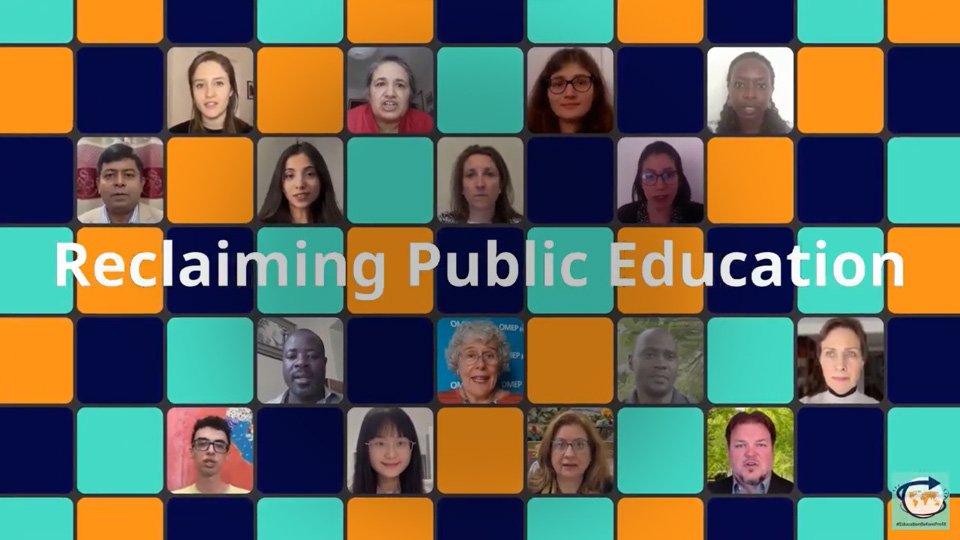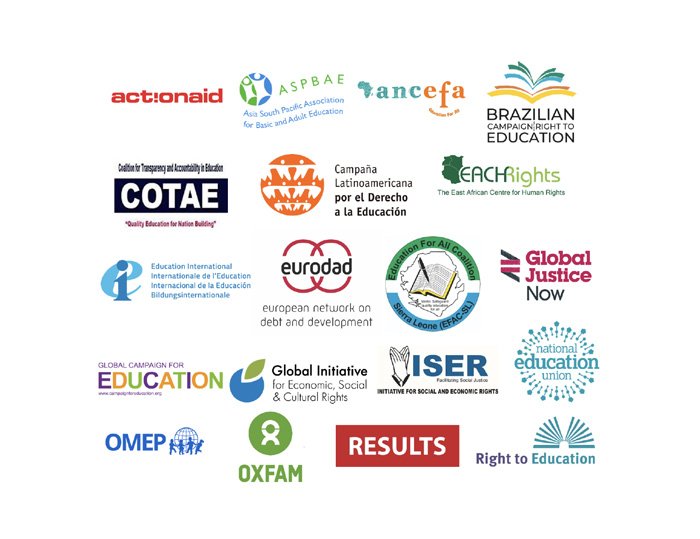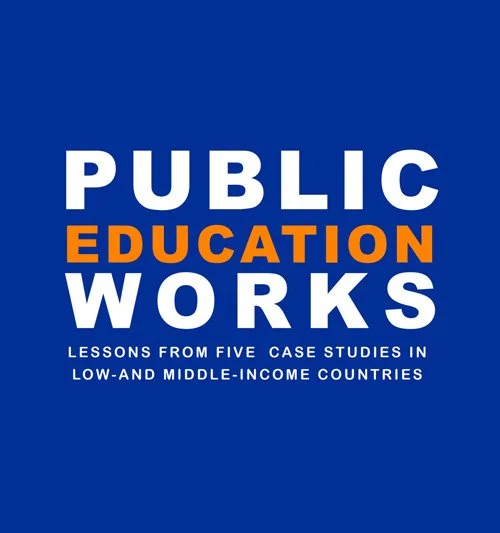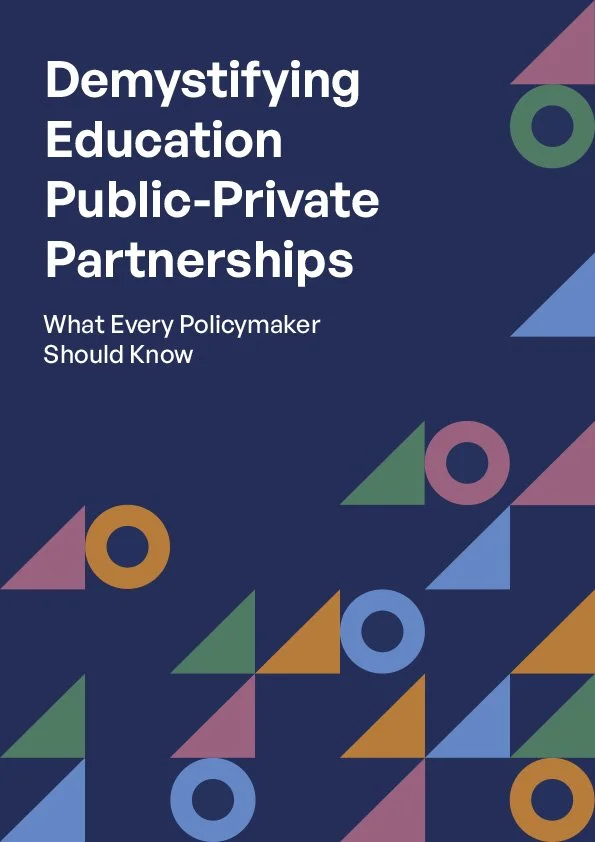Our Work
Free, quality, inclusive public education is a human right
PEHRC members collaborate to raise awareness and concerns around the growth of private actors in education and advocate for policy changes at the national, regional and international level to ensure the realisation of the right to free, quality and public education for all.
Our Call to Action
Our Reclaiming Public Education For All statement calls on everyone to protect against private actors supplanting the public interest.
Endorsed to date by over 100 organisations across the globe, our collective voice continues to grow. Join individuals and organisations advocating for States to realise the human right to free, quality public education.
Our Collective Advocacy
PEHRC members respond to and raise concerns around the privatisation and marketisation in and of education, and strongly advocate for the strengthening, improvement and expansion of quality public education systems globally.
Key Questions on the Right to Education
Globally, policymakers and donors often ask similar questions on how to ensure the right to education. PEHRC members have pooled their collective knowledge to answer some of the most common questions.
Positive Examples of Public Education
Public education is often criticised: governments are framed as inefficient, expensive, and bureaucratic. We are told there will never be sufficient public funding to fully support public education systems in low- and middle-income countries.
However, recent case studies demonstrate that it is possible to deliver quality, public education and that it can be efficient, effective, innovative and responsive to local needs and wishes.
Demystifying Public-Private Partnerships
In many contexts, policymakers face difficult decisions: public budgets are tight with a pressing need to deliver quality education for all. Some actors propose Public-Private Partnerships (PPPs) as the solution.
Our Policy Paper equips policymakers, donors and education advocates with key evidence to make strategic decisions in these situations. Addressing the questions that may arise when policymakers consider entering into a PPP or are already part of a PPP, the paper sheds a light on some of the myths and realities and provides practical guidance on how to protect public funding.
Join our Newsletter
Follow global, regional and national privatisation trends and our collective work to protect public education for everyone!










